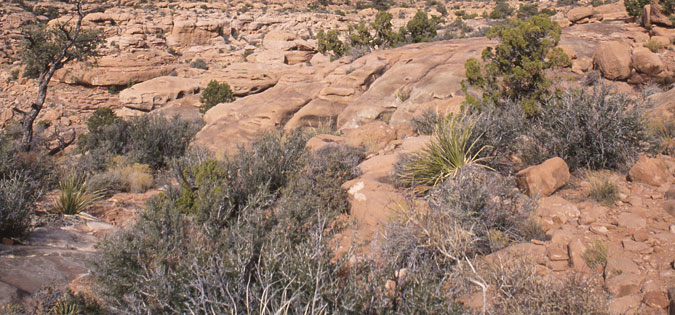
When I was introduced to Ignatian spirituality through the “Retreat in Daily Life” (the 19th Annotation), the hardest part for me was the spotlight on sin in the First Week. Why is it so hard to seek the grace of “a healthy sense of shame and confusion before God,” or to “consider the effects of sin in my life, my community, and my world”?
Most of us who go to Mass and receive Communion every Sunday aren’t conscious of mortal sin—the kind of transgression that we have been taught merits damnation unless we expunge it in sacramental confession. Unlike King David, we haven’t committed rape and adultery followed by murder (2 Samuel 11:2–4, 15–17); we are not thieves, embezzlers, or pornographers. But checking off a list of felonies not committed doesn’t mean I am free of sin.
What, then, are my sins? I have found the Ignatian Examen an effective way to answer that question and to understand my own sinfulness and its effects. Asking myself every day which of my actions, or failures to act, have drawn me closer to God and which have drawn me away, is much more fruitful than the review I do when asking for the grace to make a good confession.
Within this framework, some of the questions that I ask myself help me to see patterns: Have I spent money on something I don’t really need? Have I just spent too much on restaurant meals or taxis? Have I rationalized some of these actions with spurious reasoning?
Other questions about what I’ve done in the last 24 hours lead me to broader questions that are harder to answer. Have I wasted food? And recently: Have I wasted water?
Water comes up in my prayer quite a lot lately. I can’t escape the thought that the sufferings of the people in Cape Town, South Africa, represent the proverbial “canary in the coal mine” and that a shortage of pure water may become a much more widespread problem in our lifetimes. This in turn has made me acutely conscious of not letting the water—our pure, free, seemingly unlimited New York City water—run unnecessarily. But what does this mean? I haven’t quenched the thirst of anyone in Cape Town—or have I?
Whenever I try to grasp the effects of sin on a broad scale—what is often called “social sin” or sometimes “structural sin”—my first reaction is discouragement. What can I do to counter the cruelty of tyrannical governments, the greed of global companies, or the hard-heartedness of those in positions of power who would do nothing to help the victims of drought? The answer, for me, is to remember that we are all part of the Body of Christ, and that somehow, in ways we can’t imagine, all our acts and omissions affect all the other members.
I’m still working that one out. God isn’t finished with me yet.
